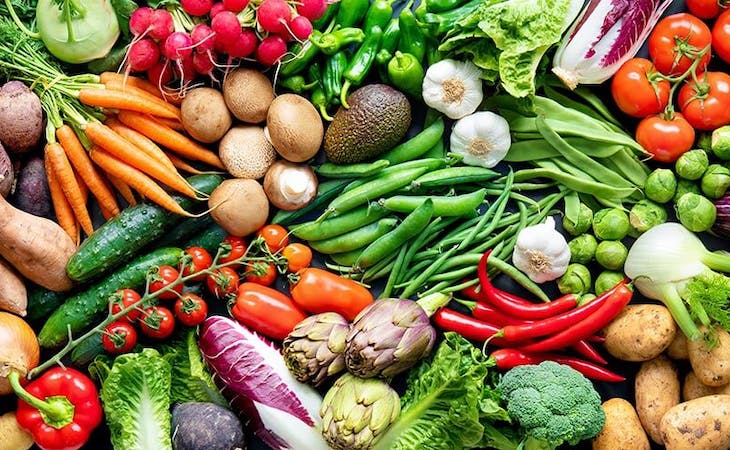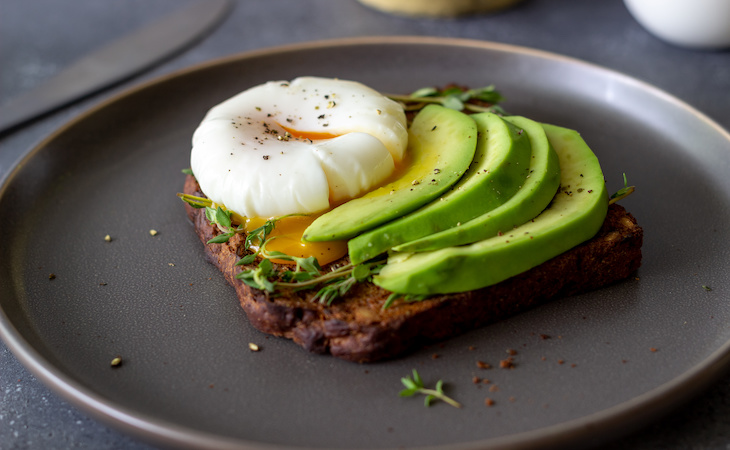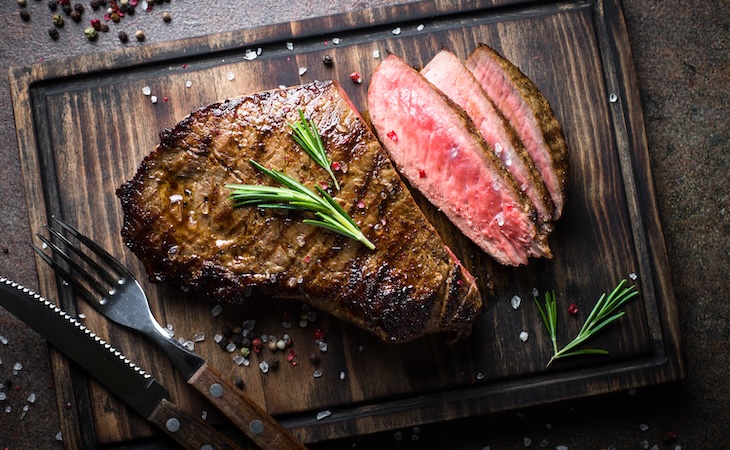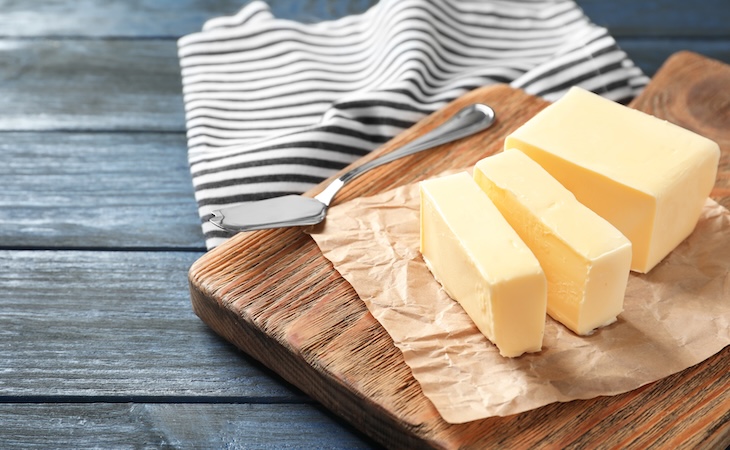If you’re one of the three Americans not getting the sleep you need, you’ve no doubt tried every sleep hygiene strategy in the book. One that you may not have considered? Changing your diet.
While it’s obvious that food can impact your weight, heart, brain, and so much more, you don’t automatically think of diet in terms of sleep. But perhaps you should, as mounting research shows that diet, especially one that’s predominantly composed of plants, may be a missing link in the quest for better sleep.
Here, we examine the relationship between a vegan diet and sleep.
How a vegan diet can improve sleep
From helping people lose weight to preventing and in some cases, reversing chronic health woes like heart disease, diabetes, and high blood pressure, plant-based diets such as the vegan diet have been shown to have numerous health benefits.
Do vegans sleep better?
Now researchers are looking at how this way of eating influences sleep, and the link is growing stronger. “A healthier diet, namely one with more plant-based foods, may improve sleep health and lower your risk of insomnia,” says Marie-Pierre St-Onge, PhD, associate professor of nutritional medicine and director of the Sleep Center of Excellence at Columbia University Irving Medical Center in New York City.
As it turns out, quality of diet matters to sleep, especially in relation to fiber, which is found only in plants. Per a study St-Onge co-authored that was published in the Journal of Clinical Sleep Medicine, folks who ate more fiber tended to have more deep sleep at night.
“Plant-based proteins are high in an amino acid called tryptophan, which contributes to melatonin synthesis, and melatonin helps induce sleep,” she says. Some plant-based foods like tart cherries are even sources of melatonin.
By eating a plant-strong diet where fiber is the focus, you may also improve how quickly you fall asleep.
In the study that St-Onge co-authored, for instance, participants ate a diet high in fiber and low in saturated fat and sugar for several days. They then switched and could choose whatever meals they wanted to eat, according to their taste preferences.
Those self-selected meals happened to be higher in fat and sugar and lower in fiber, and in the end, it made a difference. While it took people 29 minutes on average to fall asleep on a high-fat, high-sugar diet, it took only 17 minutes on a high-fiber diet.
“There was a marked difference in their sleep when they switched diets, as sleep was more restorative and people fell asleep faster when they were eating a high-fiber diet,” says Hana Kahleova, MD, PhD, director of clinical research with the Physicians Committee for Responsible Medicine.
Of course, any parent knows that sugar can affect kids, making them more hyper, and the same thing can occur in adults. “More sugar in the diet is associated with more arousal, which can keep you awake at night,” St-Onge says.
Plus, when you eat a diet higher in protein and fat, especially if it’s coming from animal foods, your digestive tract has to work overtime. “It takes more energy to digest protein versus carbohydrates, and if you’re eating this way at night, it can disrupt your sleep,” Kahleova says. (Learn more about the connection between nutrition and sleep.)
Also, if you’re eating a high-fat diet, you’re more likely to be carrying extra weight, which is associated with a higher risk of sleep apnea. “You may not only have adipose tissue around your belly but also the oral cavities and around the neck, which can create pressure and cause these areas to collapse, resulting in sleep apnea,” St-Onge says.
Related: Can intermittent fasting help you sleep?
How to go vegan (or simply add more plants to your diet)
Adding more fiber to your diet is the first step in logging better sleep. And while you’ll achieve optimal health if you shift to a plant-only diet, you can still benefit even if you don’t go all the way.
“Following a higher plant-based diet, even if it’s not vegan, is still healthier for sleep than a diet that’s low in plant foods,” St-Onge says. At the same time, you could lower your risk for diabetes and cardiovascular disease and manage your weight, all of which could ultimately improve sleep.
Think, too, about your meal timing. Even though plants are easier to digest than animal products, you still want to allow time for those foods to digest. In general, eat your last meal of the day about three hours before your bedtime, St-Onge says.
And because dinner is the most important meal in terms of better sleep, pay attention to how much you’re eating and keep your dinners light, Kahleova says. Follow the adage of eating breakfast like a king, lunch like a prince, and dinner like a pauper.
Another trendy diet that can impact your ability to get shut-eye? Keto. Here, find out how the keto diet affects sleep.




